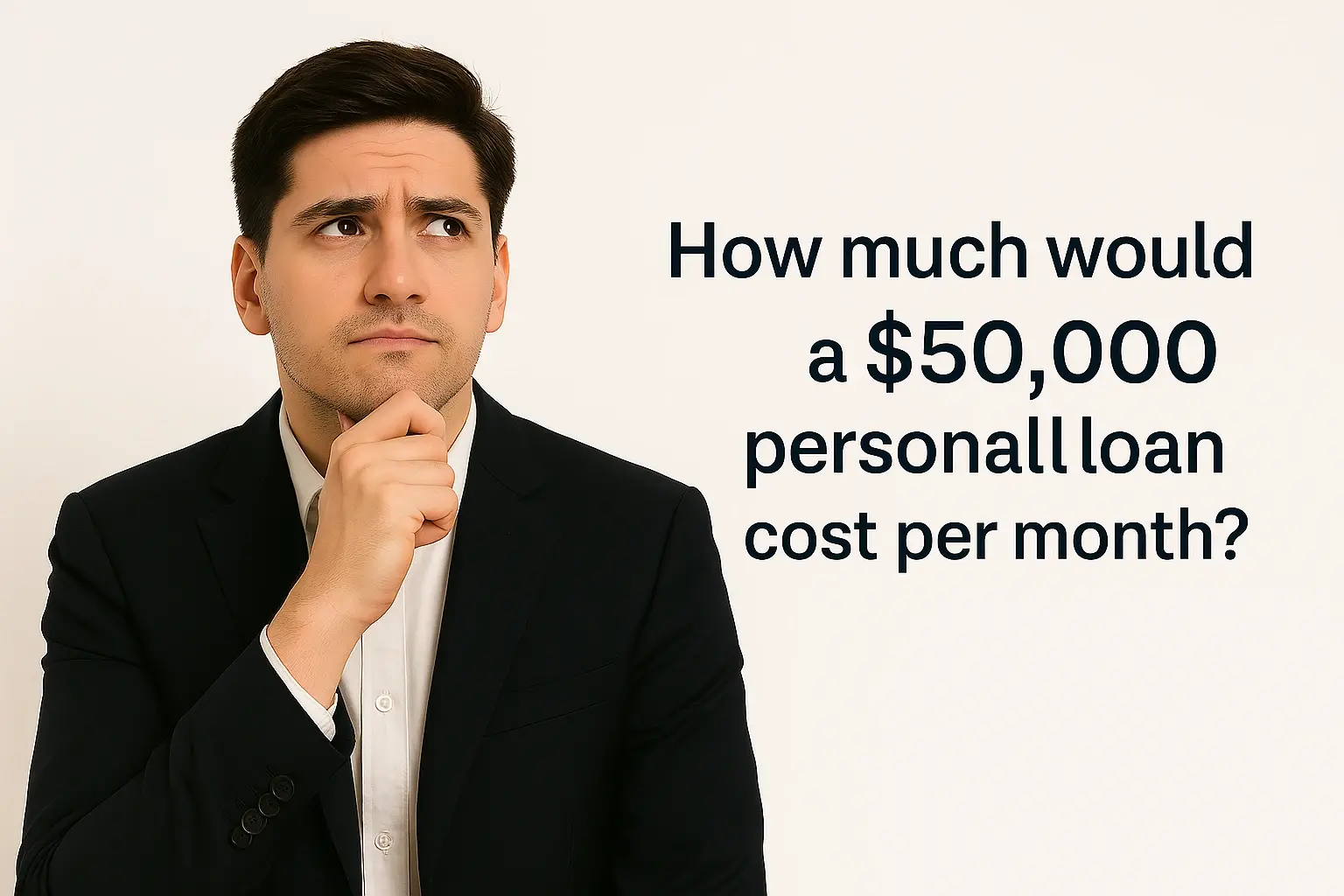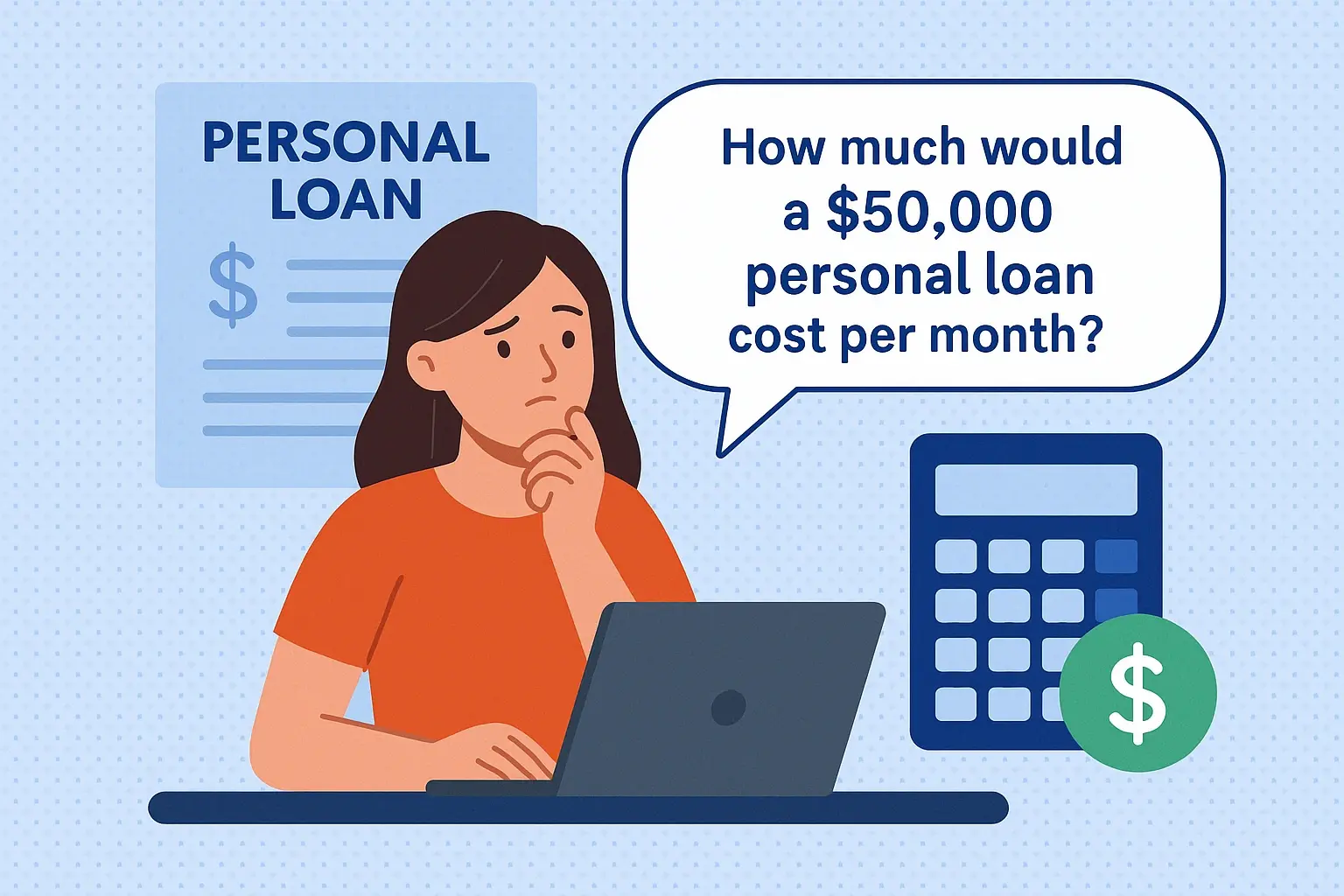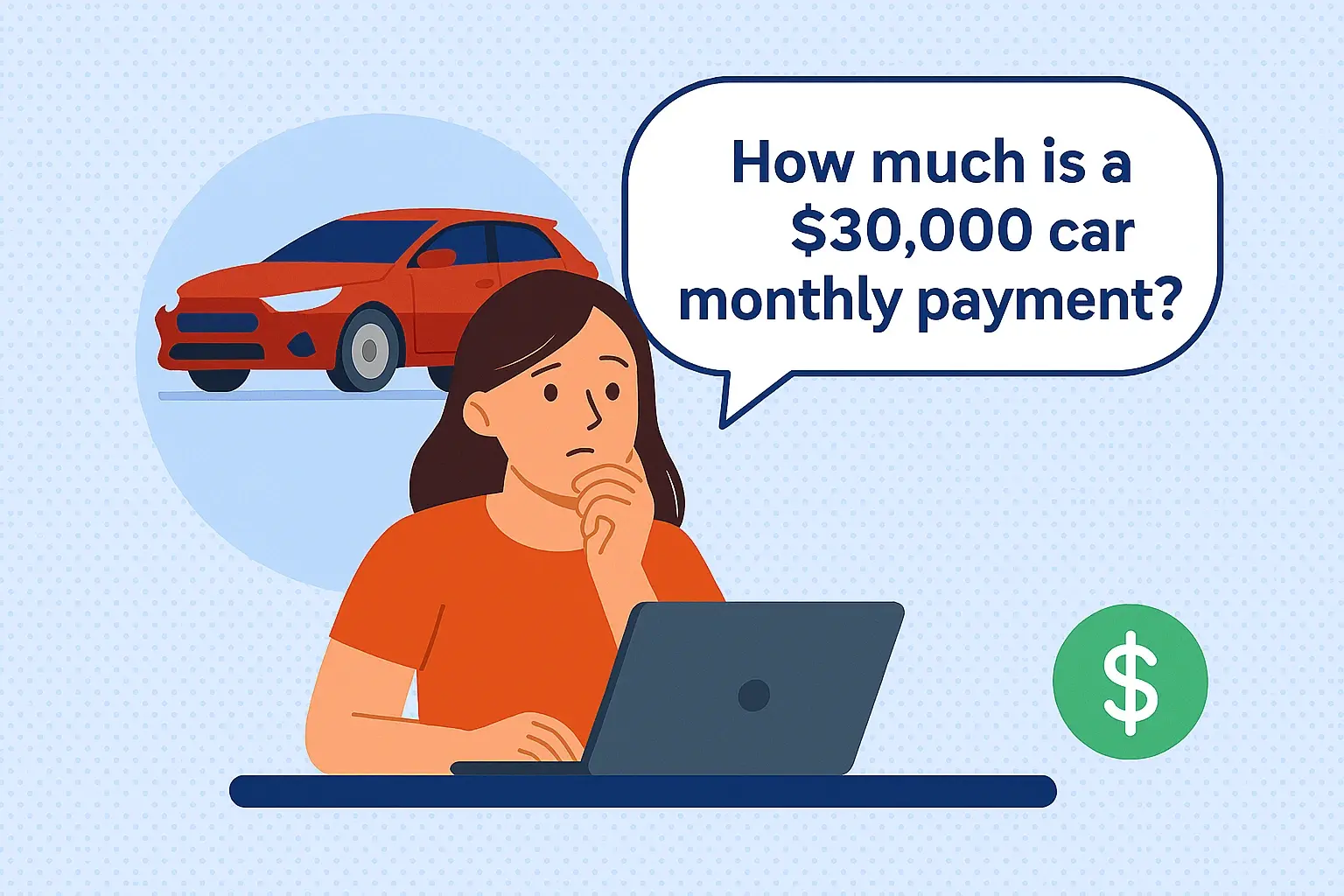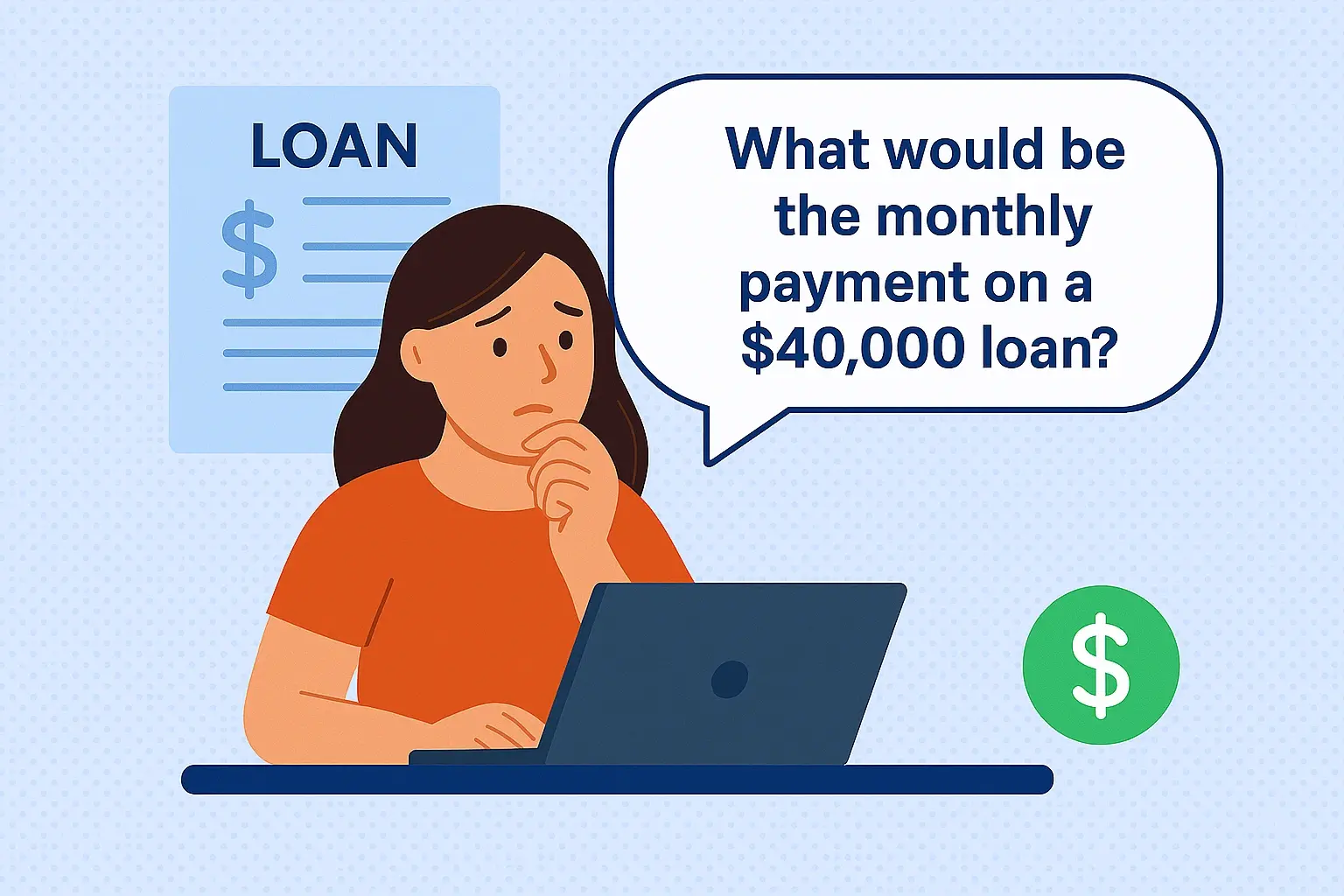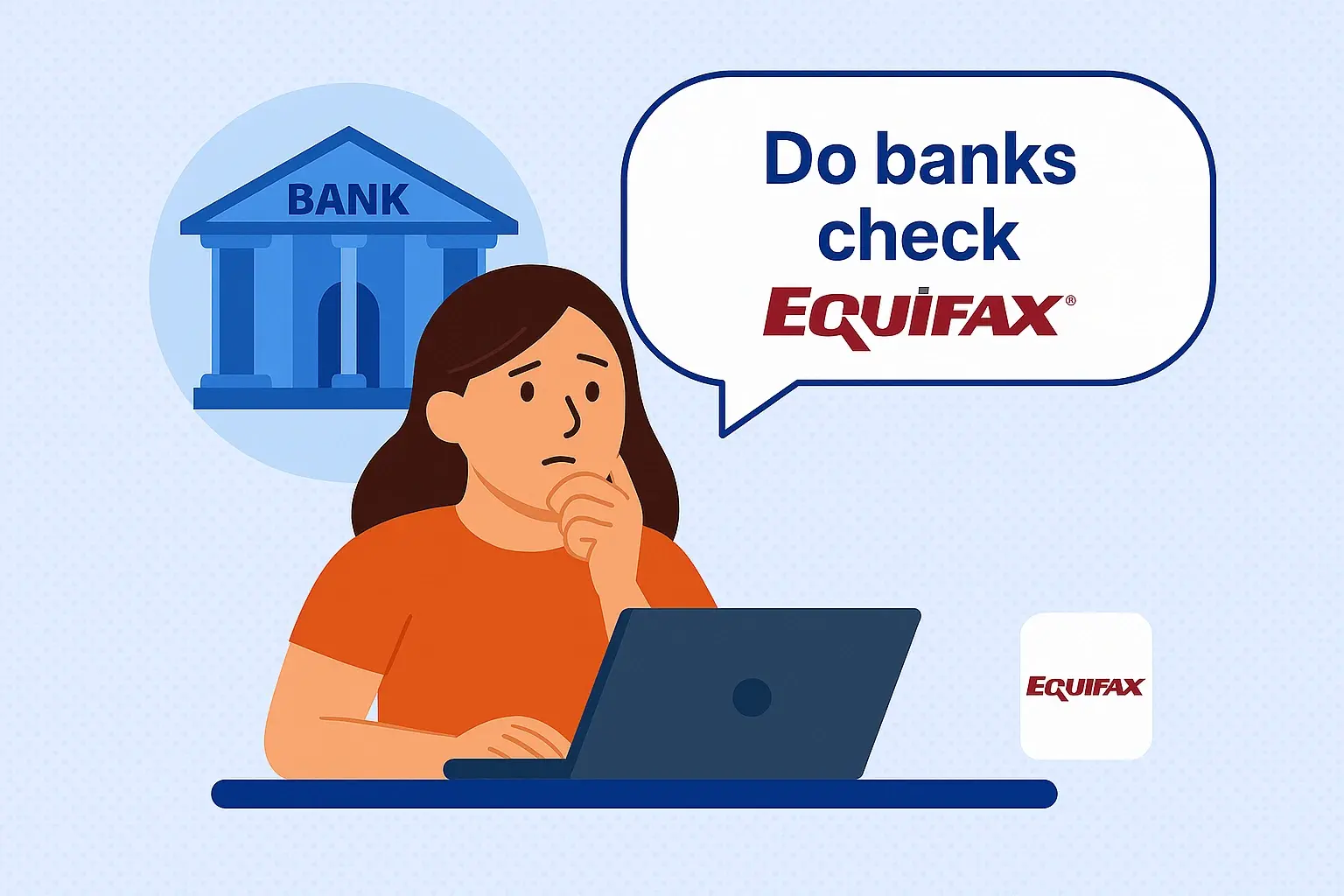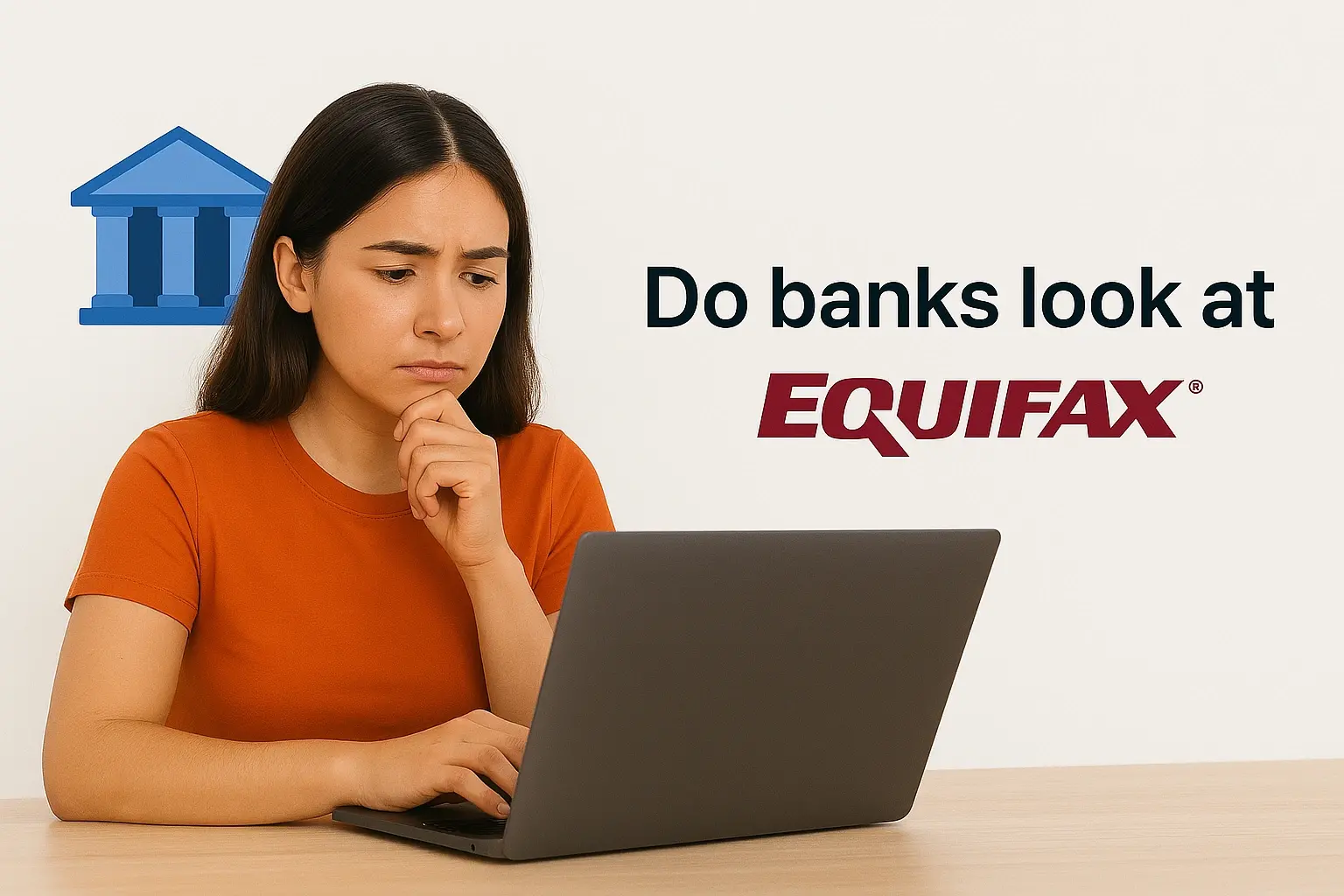-
Posted on: 09 Mar 2023
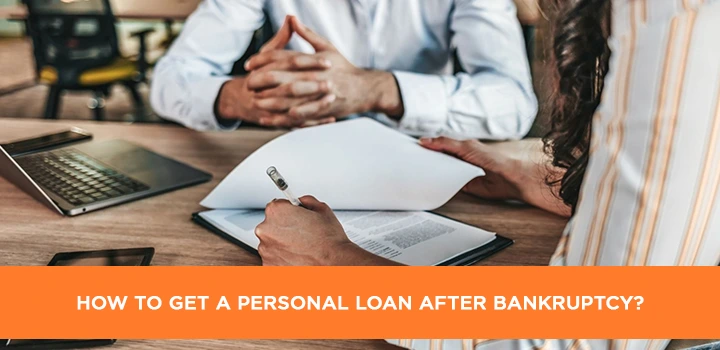
-
Bankruptcy can significantly impact your credit score, making it challenging to secure a personal loan. However, it's not impossible. With the right approach and a focus on rebuilding your credit, you can increase your chances of getting approved for a loan, even after bankruptcy. This comprehensive guide will walk you through the steps involved, the factors lenders consider, and the types of loans available to individuals with a bankruptcy on their record.
Understanding Bankruptcy and Its Impact on Credit
Bankruptcy is a legal process that provides relief to individuals or businesses that are unable to repay their debts. There are different types of bankruptcy, but the most common for individuals are Chapter 7 and Chapter 13. Understanding how these types impact your credit differently is crucial.
Chapter 7 vs. Chapter 13 Bankruptcy
Chapter 7 Bankruptcy: This is often referred to as liquidation bankruptcy. In this process, non-exempt assets are sold to pay off creditors. Debts are typically discharged within a few months. Chapter 7 can stay on your credit report for up to 10 years.
Chapter 13 Bankruptcy: This involves a repayment plan over a period of three to five years. You make regular payments to creditors based on a court-approved plan. Chapter 13 remains on your credit report for up to 7 years.
Regardless of the type, bankruptcy severely damages your credit score. Lenders view you as a higher risk borrower due to your past financial difficulties. Therefore, rebuilding your credit is the first and most crucial step towards obtaining a personal loan.
Rebuilding Your Credit After Bankruptcy
Rebuilding your credit takes time and discipline. Here are some effective strategies:
1. Check Your Credit Report Regularly
Obtain your credit report from all three major credit bureaus (Equifax, Experian, and TransUnion). You are entitled to a free credit report from each bureau annually at annualcreditreport.com. Review your reports carefully for any errors or inaccuracies. Dispute any incorrect information promptly.
2. Become an Authorized User
Ask a trusted friend or family member with a good credit history to add you as an authorized user on their credit card. Their responsible credit card usage will be reflected on your credit report, helping to boost your score. However, ensure they are responsible users, as their negative behavior can also negatively impact your credit.
3. Secured Credit Card
A secured credit card requires you to deposit cash collateral as security. The credit limit is typically equal to the amount of your deposit. Use the card responsibly, making on-time payments, and your credit score will gradually improve. Look for cards that report to all three major credit bureaus.
4. Credit-Builder Loan
These loans are designed to help individuals with limited or bad credit establish a positive payment history. The lender holds the loan amount in an account, and you make monthly payments. Once the loan is repaid, you receive the full loan amount. This demonstrates your ability to manage debt responsibly.
5. Responsible Credit Card Usage
If you already have a credit card, use it responsibly. Keep your credit utilization ratio (the amount of credit you're using compared to your total available credit) below 30%. Pay your bills on time, every time. Avoid maxing out your credit cards, as this can significantly damage your credit score.
6. Pay Bills On Time
Consistent on-time payments are crucial for rebuilding credit. Set reminders for all your bills, including utilities, rent, and other recurring expenses. Consider automating payments to ensure you never miss a due date.
Factors Lenders Consider When You Have a Bankruptcy
Lenders evaluate several factors beyond your credit score when considering your loan application after bankruptcy:
1. Time Since Bankruptcy Discharge
The longer it has been since your bankruptcy was discharged, the better your chances of approval. Lenders prefer to see at least two years of responsible financial behavior after the bankruptcy.
2. Income and Employment History
Stable income and employment history demonstrate your ability to repay the loan. Lenders prefer to see a steady job with a consistent income stream. Provide proof of income, such as pay stubs or tax returns.
3. Debt-to-Income Ratio (DTI)
Your DTI is the percentage of your gross monthly income that goes towards debt payments. Lenders prefer a lower DTI, as it indicates you have more disposable income to repay the loan. Calculate your DTI by dividing your total monthly debt payments by your gross monthly income.
4. Assets
Assets, such as savings, investments, or property, can strengthen your loan application. They provide lenders with additional security and assurance that you have the resources to repay the loan.
5. Reason for the Bankruptcy
While lenders cannot discriminate against you for filing bankruptcy, they may consider the circumstances that led to it. For example, a bankruptcy caused by a medical emergency may be viewed more favorably than one caused by irresponsible spending habits.
Types of Personal Loans Available After Bankruptcy
Several types of personal loans may be available to individuals with a bankruptcy on their record:
1. Secured Personal Loans
Secured loans require you to provide collateral, such as a car or savings account. The collateral reduces the lender's risk, making it easier to get approved, even with bad credit. However, be aware that if you fail to repay the loan, the lender can seize your collateral.
2. Unsecured Personal Loans
Unsecured loans do not require collateral. They are riskier for lenders, so they typically come with higher interest rates and stricter eligibility requirements. These loans are harder to get after bankruptcy but possible with significant credit rebuilding.
3. Co-signed Loans
A co-signed loan involves another person with good credit agreeing to repay the loan if you default. The co-signer's credit history provides the lender with additional security, increasing your chances of approval. However, be aware that if you fail to repay the loan, the co-signer is responsible for the debt, which can damage their credit.
4. Payday Loans (Proceed with Caution)
Payday loans are short-term, high-interest loans designed to be repaid on your next payday. While they may seem like a quick solution, they often come with exorbitant fees and interest rates, leading to a cycle of debt. It's best to avoid payday loans if possible.
5. Online Lending Platforms
Several online lending platforms specialize in providing loans to individuals with bad credit. These platforms often have more flexible eligibility requirements than traditional banks and credit unions. However, compare interest rates and fees carefully before choosing a lender.
Tips for Improving Your Loan Application
Here are some additional tips to enhance your loan application after bankruptcy:
1. Shop Around for the Best Rates and Terms
Don't settle for the first loan offer you receive. Compare rates and terms from multiple lenders to find the best deal. Pay attention to the interest rate, fees, and repayment schedule.
2. Be Honest and Transparent
Be upfront with lenders about your bankruptcy. Provide accurate information and explain any extenuating circumstances that led to your financial difficulties. Honesty builds trust and can improve your chances of approval.
3. Prepare Documentation in Advance
Gather all the necessary documentation before applying for a loan. This includes proof of income, employment history, bank statements, and credit reports. Having your documents ready will speed up the application process and demonstrate your preparedness.
4. Highlight Your Credit Rebuilding Efforts
Emphasize the steps you've taken to rebuild your credit since the bankruptcy. Provide evidence of on-time payments, responsible credit card usage, and other positive financial behaviors.
5. Consider a Smaller Loan Amount
Applying for a smaller loan amount can increase your chances of approval. Lenders are more willing to approve smaller loans, as they are less risky.
Alternatives to Personal Loans
If you're struggling to get approved for a personal loan, consider these alternative options:
1. Debt Management Plan (DMP)
A DMP is an agreement with a credit counseling agency to consolidate your debts and negotiate lower interest rates and monthly payments with your creditors.
2. Secured Credit Line
A secured credit line is similar to a secured credit card, but it allows you to borrow funds on an as-needed basis up to a certain limit.
3. Borrowing from Friends or Family
Borrowing from friends or family can be a viable option if you're comfortable with it. Be sure to formalize the loan agreement in writing to avoid misunderstandings.
4. Delay the Loan
Sometimes the best course of action is to simply wait. Continue to improve your credit and financial situation, and you may qualify for better loan terms in the future.
The Importance of Financial Literacy
Recovering from bankruptcy requires not only rebuilding your credit but also enhancing your financial literacy. Understand budgeting, saving, investing, and debt management. Numerous online resources and workshops are available to improve your financial knowledge. Investing in your financial education is an investment in your future.
